“Blood Sugar Dysregulation – the Blood Sugar Roller Coaster” is the presentation shared by Wolfram Alderson at the May 16, 2019 meeting of the Silicon Valley Health Institute in Palo Alto, CA.
“Blood sugar roller coaster” is non-technical term referring to dysglycemia – glucose accumulating in the blood, causing hyperglycemia (high blood sugar), or glucose levels falling, leading to hypoglycemia (low blood sugar). Both hyperglycemia and hypoglycemia can lead to emergency room treatment, hospitalization, and if not treated, can cause long-term health complications including death. The physiology underlying dysglycemia is highly variable between individuals. There are a number of possible physiological reasons for increased glucose variability, including, but not limited to, insulin resistance and impaired insulin secretion. In most cases, glycemic variability is driven by what you eat.

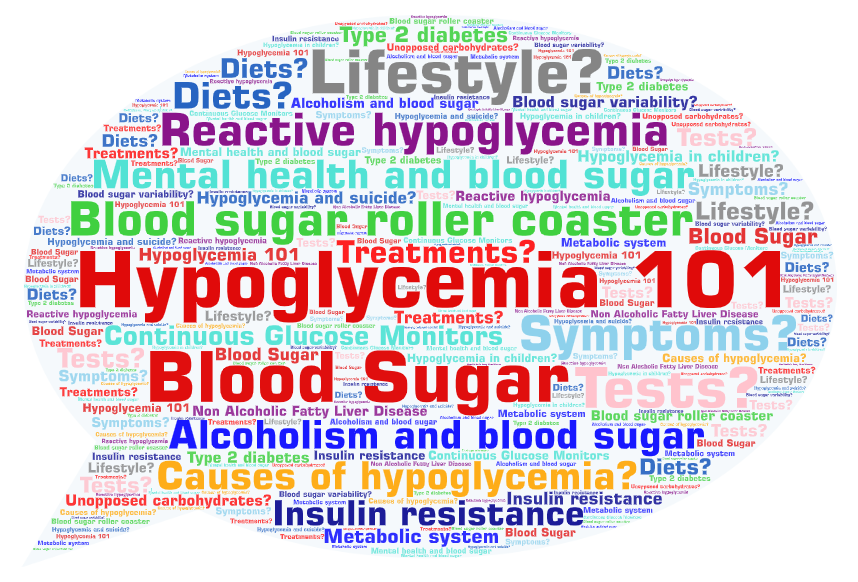
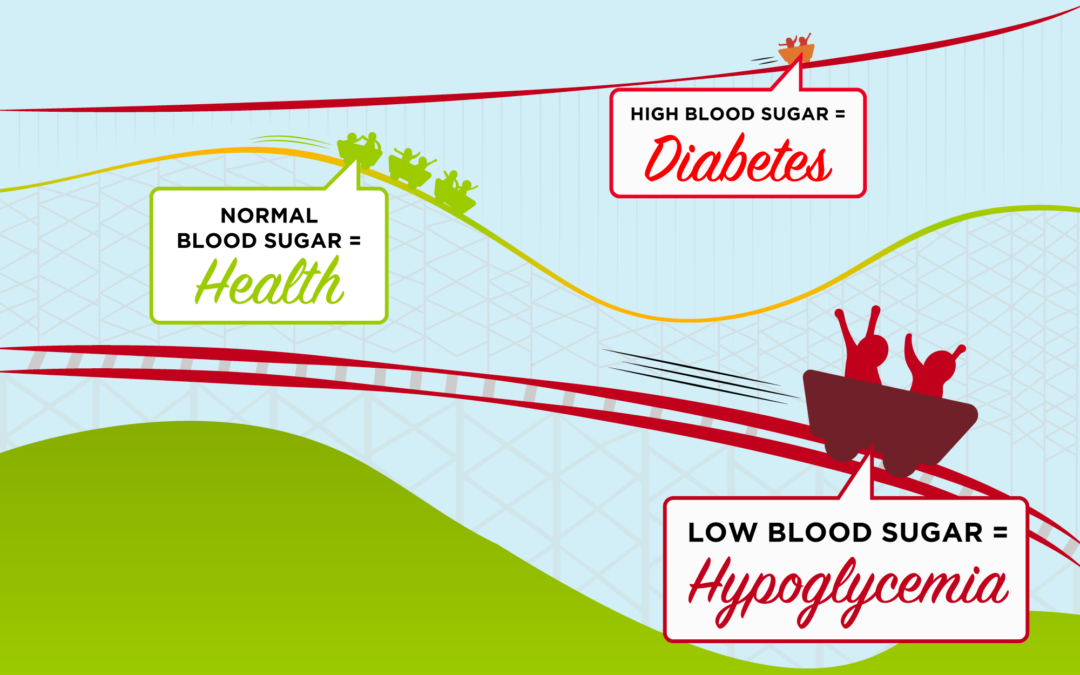
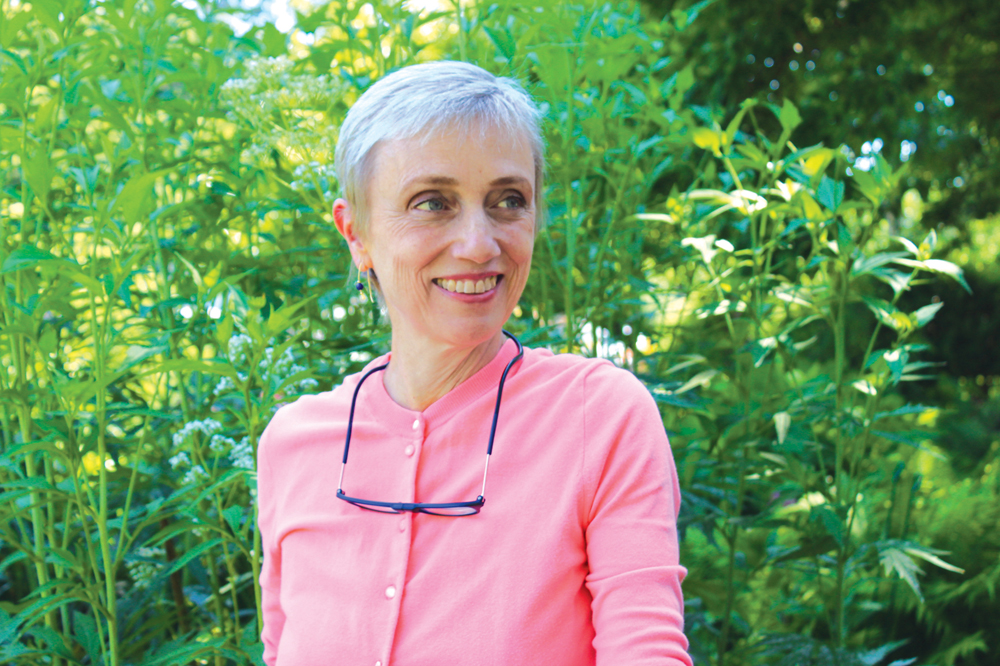
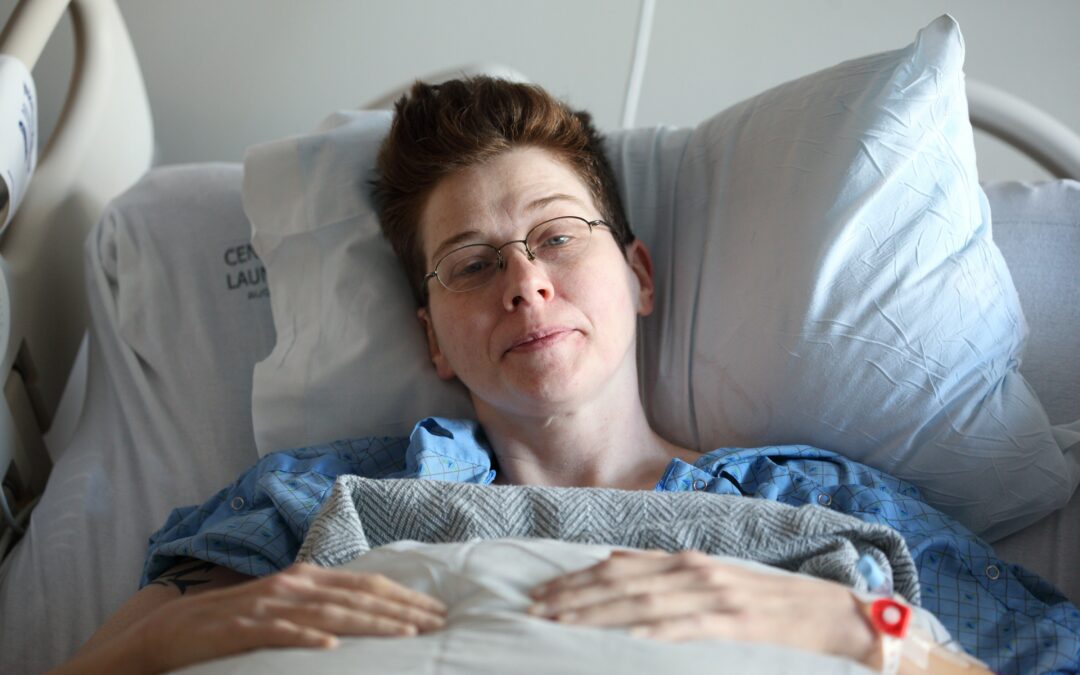
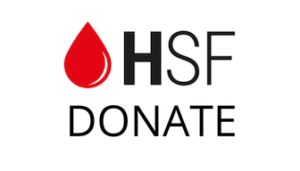
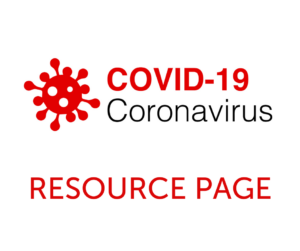
Recent Comments